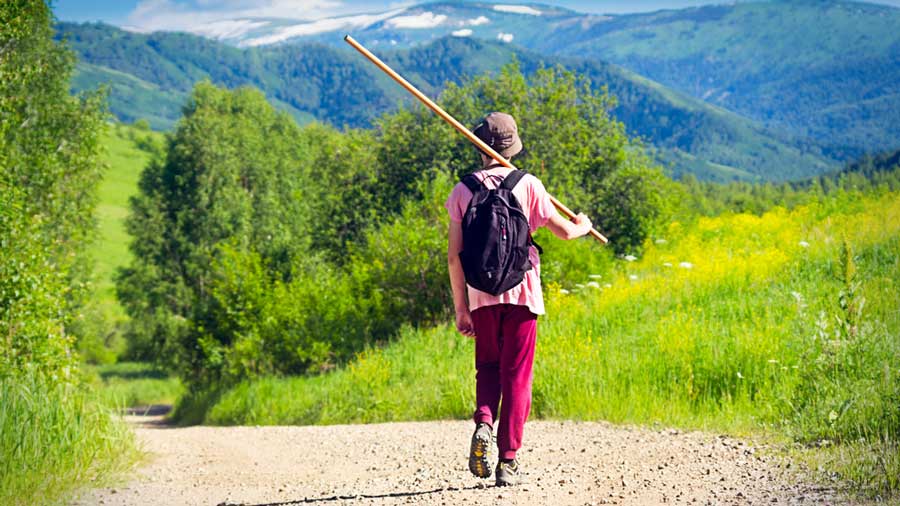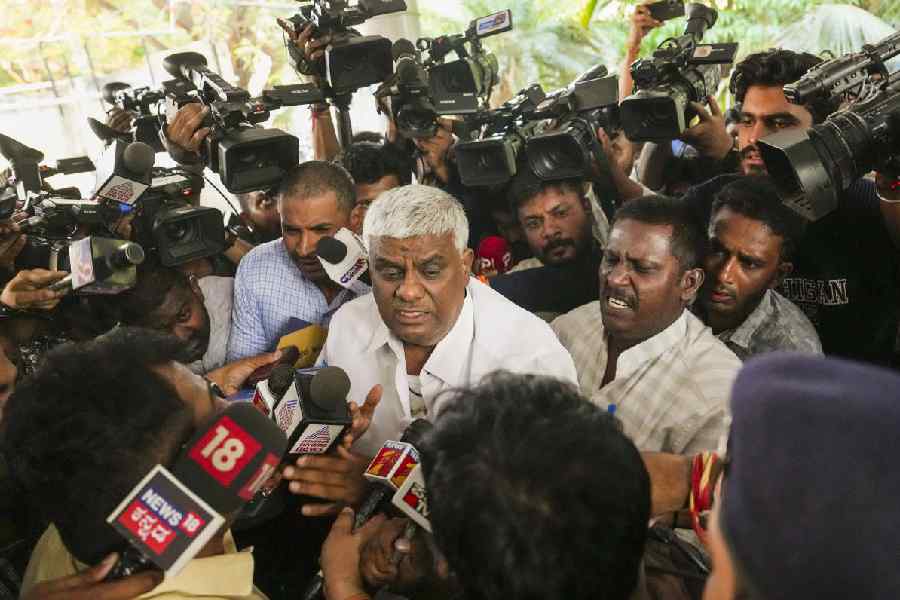Every journey begins with a single step; or so it was once believed. In the modern world, travel has become much simpler. With cheaper transport and a booming tourism industry — this was the case at least until recently — a journey in the 21st century usually begins with a single click — an online booking — and ends with another — a post on social media. But for all the convenience technology affords to the traveller, is not the experience of the journey itself somewhat lost along the way?
Literary history would agree. After all, great many works of literature are based on the adventures of travellers. Imagine a Victor Frankenstein with modern-day technology, chasing his monster with only a couple of clicks on a gadget, liberated from the unsettling struggle to get to the Mediterranean Sea from Geneva south or from having to journey across the Black Sea to Russia to the Arctic Circle. Or Odysseus, for that matter — his wife, Penelope, needn’t have woven a handkerchief, let alone a shroud, by the time her husband returned from Troy. Where, then, would the richness of their stories come from?
Over the years, travel writers, too, have emphasized the pleasure and pain of journeying. Dervla Murphy, for one, often sets out on a paltry budget to get a taste of local travel — she recounts her extraordinary experiences of staying in fishermen’s huts and travelling in packed buses in South India in On A Shoestring to Coorg, while in Full Tilt, she chronicles her trip on a bicycle from Dunkirk to Delhi. Alexis Wright and Lindsey Hilsum think that travel writing should accommodate other voices: the accounts of migrants and refugees and their experiences of searching for a new home.
An arduous journey need not be a solitary experience. Treading across changing terrains, the traveller develops an intimacy with both the pit-stops and the final destination. Consider the essays of Robert Macfarlane and the depth to which he delves to learn about the history and geography of each place he writes about. This sense of proximity helps Macfarlane plot out new territories not just within the natural world but also inside the human mind — he travels from “a known landscape” to “somewhere we feel and think significantly differently” even when there are no borders that “correspond to national boundaries”.
However, journeying far and wide is not necessary to forge a deep bond with a place. James Joyce wrote volumes on his “dear dirty Dublin”, and Virginia Woolf mapped out her neighbourhood in London on foot — for her, it was the “greatest of adventures”. Are these musings not travelogues, especially for readers in distant lands?
The pandemic has brought to a halt the world and travel. The prospect of great journeys seems bleak for now. Yet, all hope is not lost for travel enthusiasts. Stuck at home for an indeterminate stretch of time, they may finally have the leisure to read the travel stories — real or imagined — of others, or even relive their own journeys in the past. Reminiscing is a journey as well, isn’t it?










